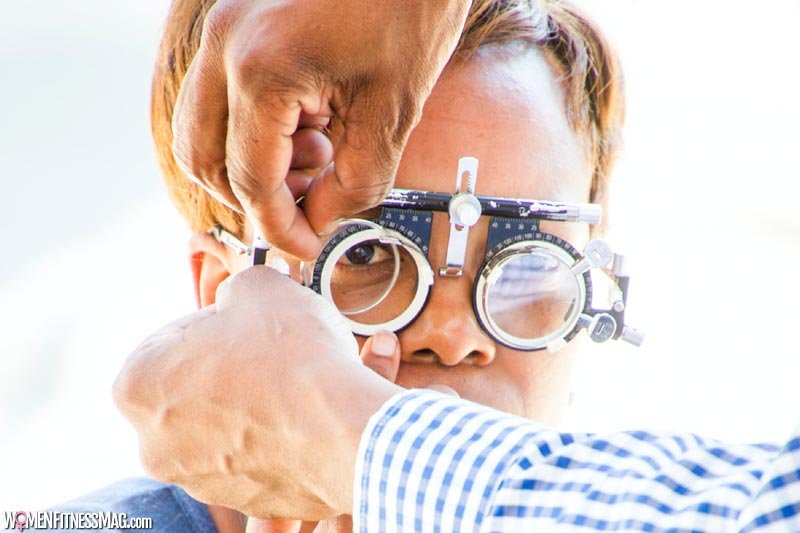When Do You Visit an Optometrist? While everyone would agree on the importance of keeping the eyes healthy, it is unfortunate that very few take their eye health seriously. According to recent statistics, 50 per cent of Australians suffer from some form of eye condition, yet many still do not see the need to get their eyes checked regularly. In fact, more than half of the patients who were advised by their doctor to get an eye exam still refuse to get their eyes tested.
If you are one of the many who fail to undergo a regular eye examination, you should at least do so when you start experiencing symptoms that may indicate possible eye issues. Consider paying your Optometrist a visit when any of the signs below are true to you.
Frequent Headaches
One of the many possible root causes of a headache is a vision problem. If you experience headaches frequently together with eye discomfort or blurred vision, you may be suffering from a condition called astigmatism.
Astigmatism makes it difficult for the eyes to focus because of mismatched curvature in the lens of the eye or the cornea. As the eyes try hard to overcome blurry vision, the eye muscles are strained, triggering a headache.
If you suffer constant pain in the head that it disrupts your normal activities, you should consider getting an eye exam. This assessment will help determine if your symptom is related to astigmatism or other vision issues.
Difficulty Reading at Normal Distance
If you are in your early 40s and you start noticing that you can no longer read a book or newspaper clearly unless you hold it at arm’s length, then you need to visit an eye doctor to check if you are suffering from presbyopia. This condition happens because of the hardening of the lens of the eye as you age, which makes it unable to adjust to seeing close images more clearly.
If you like reading or other activities that require close-up tasks, presbyopia can deter you from enjoying these activities, which is why you should seek professional help immediately. Your eye doctor can confirm this condition and offer you options to address them like reading glasses or contact lenses.
Squinting
Do you often squint when looking at things that are far away so that you can see them more clearly? While this strategy can be useful in reducing the light entering your eye to address blurred vision, you cannot continue doing so.
Frequent squinting can be a warning sign of vision problems. You may be suffering from nearsightedness when you have trouble seeing images that are far away clearly or farsightedness when images up-close appear blurry. Visit an Optometrist immediately so that this issue can be corrected as soon as possible.
Blurry Vision
If you notice your vision being blurry or hazy, it may be a sign of errors in refraction, such as nearsightedness or farsightedness. This symptom is more evident when you do activities that require visual focus like reading, driving, typing on the computer, among others. It is best to see an Optometrist when you start experiencing blurry vision so that you can wear corrective glasses or seek further medical help, depending on the results of the eye exam.
The above are some of the signs that will tell you that it is time to visit your Optometrist to get an eye exam. Keep in mind that you will not only get the help that you need, but you can also avoid more serious conditions if you visit an eye doctor as soon as you experience these symptoms.
Related Videos about When Do You Visit an Optometrist?
What Is an Optometrist?
Optometrist or Ophthalmologist: Know the difference
What to expect from a typical eye exam
Ask An Eye Doc: How often do you need to go to they eye doctor?
When Do You Visit an Optometrist?
reasons to go to the eye doctor, eye doctor near me, ophthalmologist vs optometrist, how often should you go to the eye doctor if you wear glasses, does an optometrist go to medical school, ophthalmologist near me, how often should you get your eyes checked if you wear glasses, types of eye specialist,




